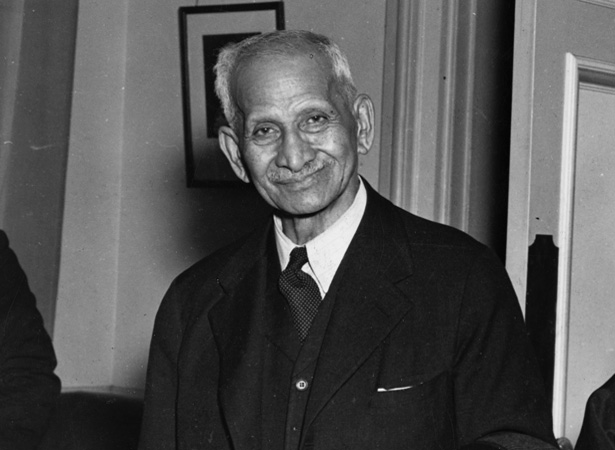
Ngata had contributed hugely to the revival of the Māori people in the early 20th century. His intelligence, tact, persistence and political skill helped him promote Māori culture and identity.
Apirana Ngata (1874–1950), of Ngāti Porou, was born at Te Araroa on the East Coast. He attended Te Aute College, and later completed an MA and a law degree. The first Māori graduate of a New Zealand university, he returned to the East Coast and became involved in improving Māori social and economic conditions.
Ngata was elected to Parliament in 1905 as the representative for Eastern Maori, a seat he would retain until 1943. In 1928 Ngata became Native Minister in the United government, and he soon set up Māori land development schemes around the country. He also helped set up a Māori school of arts at Rotorua, the Board of Maori Ethnological Research, and the Maori Purposes Fund Board.
Most Europeans had little sympathy for Māori land development, and by 1932 Ngata faced increasing criticism. When a 1934 Commission of Inquiry found fault with many aspects of his administration, he resigned as minister. Ngata’s development schemes remained a key element of the first Labour government’s Māori land policy, however, and many continued until the 1970s and 1980s.
Sir Apirana Ngata died in 1950. He had made an immense contribution to the Māori cultural and economic revival of the first half of the 20th century.
How to cite this page
'Death of Sir Apirana Ngata', URL: https://nzhistory.govt.nz/death-of-sir-apirana-ngata, (Ministry for Culture and Heritage), updated 5-Oct-2021
